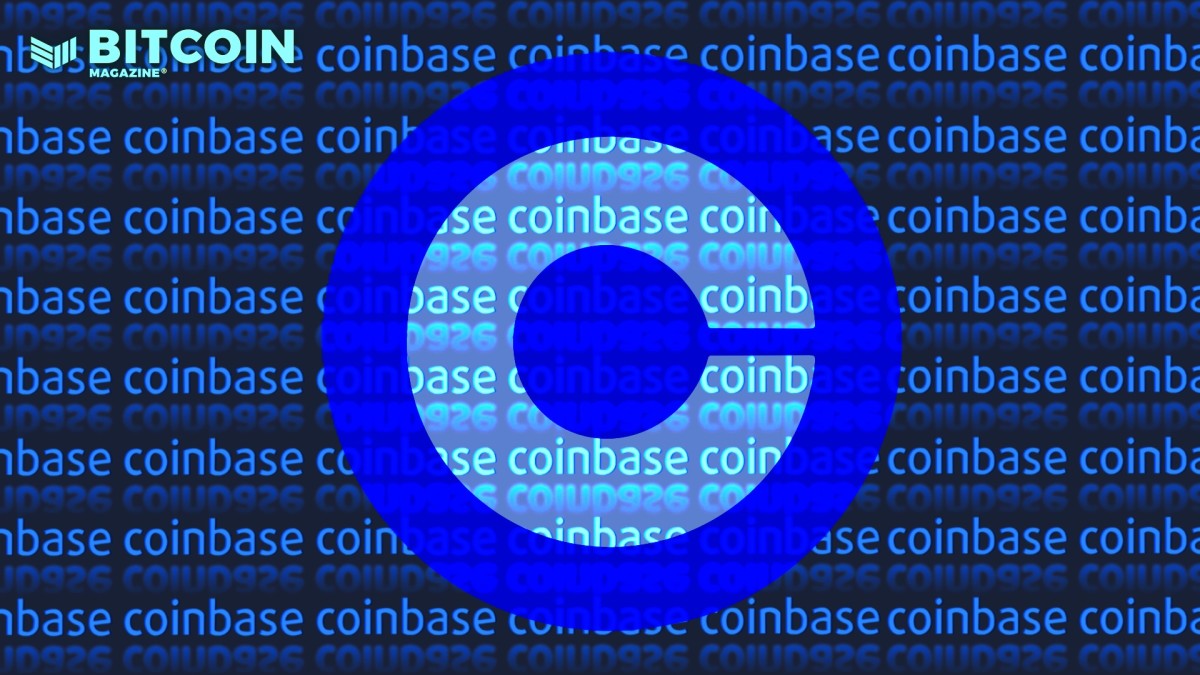This New Study Sheds Some Light on Cancel Culture

Cancel culture has ended up becoming one of the cornerstones of online discourse, and it basically involves situations wherein certain brands or individuals are called out or ostracized for something wrong that they did. In research that was recently published in the journal known as Acta Psychologica, the psychological backdrop in front of which this behavior occurs was analyzed.
It showed that the concept of political identity is at the core of the matter at hand. The more pivotal it is to someone or the other’s sense of self, the more likely they will be to participate in cancel culture with all things having been considered and taken into account.
The public shaming that can come with cancel culture can have widespread repercussions because of the fact that this is the sort of thing that could potentially end up causing a significant decline in one’s reputation. As if that wasn’t enough, it can also cause some brands to fail entirely, since people would be less likely to purchase their wares than might have been the case otherwise.
In spite of the fact that this is the case, there isn’t all that much information on the mechanisms that are at play in the phenomenon of cancel culture. In this study, 459 participants filled out an online survey that gauged their political identity. The goal was to determine how their political leanings would influence their decision to cancel someone at this current point in time.
Other elements such as virtue signaling were also factored into the equation, and the participants were asked to comment on issues like a celebrity endorsing gay marriage or mandatory vaccinations. What’s more is that they were asked to describe whether they were justified in piling on someone in the past.
The results showed that those who considered their political identity to be a central component of their personality showed an inclination towards canceling. This wasn’t restricted to any particular end of the political spectrum, but rather to people at either end. It will be interesting to see how this research affects the prevalence of cancel culture in online settings.
Image: DIW-AIgen
Read next: The Price of Internet in America is Increasing with New Jersey Paying the Highest Price





